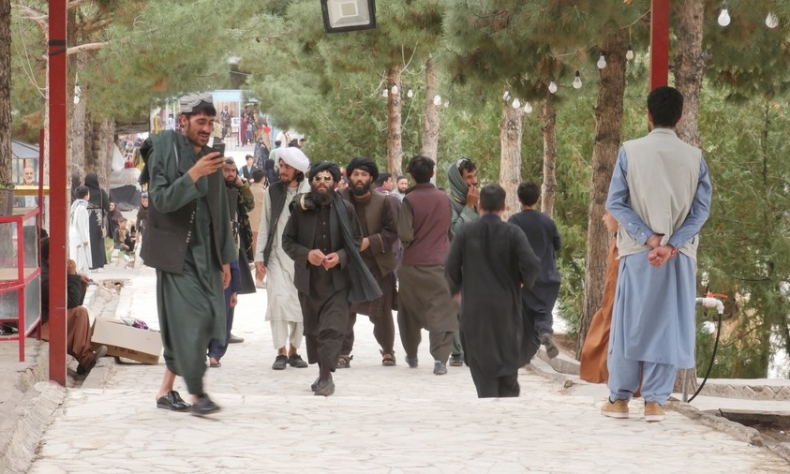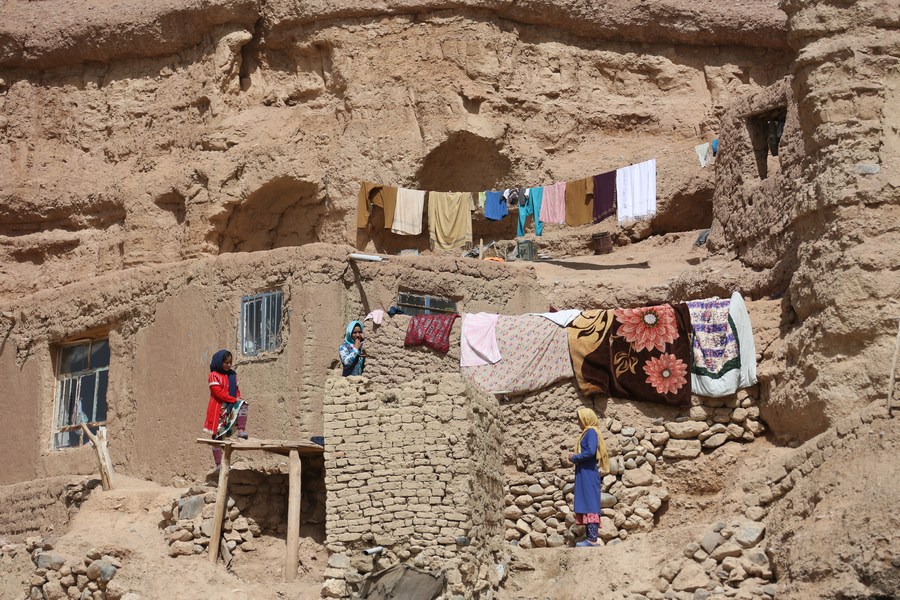Work Together for the Fresh Start of Afghanistan

With interference in Afghanistan’s politics having failed, the new formula for taking the country forwards ought to cultivate stability and peace there through a policy of engagement, development, and assistance.
It is time for a new vision for Afghanistan. The country’s constant political and sectarian instability has been a product of it being little more than a launchpad for geopolitical and ideological struggles, particularly stemming from the United States, who ultimately believed that it could impose its own vision of liberal democracy in the country – one that ultimately failed in attaining either stability or prosperity.
The situation in Afghanistan has considerable implications for all those who neighbor and surround the country, leaving them to naturally have a vested interest in the stability, security, and eventual prosperity of Kabul.
If the current situation remains in Afghanistan and is unsupported, then the cycle of unrest, division, and conflict will only continue. Regional countries ought to work together and find a solution to how Afghanistan, with its 39 million people, can move forwards and be better integrated into the region around it. Afghanistan needs roads, transport infrastructure, clean water supplies, access to food supplies, hospitals, medical equipment, and every single thing many people in the developed world ultimately take for granted when living a normal life.

The people of Afghanistan deserve an opportunity to better themselves. The GDP per capita in the country in 2020 was just $500 or so a year, possibly now a lot less. The United Nations estimates that over 97% of the population lives below the international poverty line, with up to 8.7 million on the brink of famine. The world bank recently announced a suspension of up to $600 million worth of projects in protest of its policies on women and education, but this is obviously inadequate in dealing with the prolonged human suffering in the country.
With interference in Afghanistan’s politics having failed, the new formula for taking the country forwards ought to cultivate stability and peace there through a policy of engagement, development, and assistance.
China’s Foreign Minister Wang Yi recently held the third multilateral meeting on the country at the town of Tunxi in Anhui province to discuss Afghanistan’s situation and its humanitarian crisis. Having visited the country for the first time the week prior, he was joined by his counterparts from Pakistan, Iran, Russia, Tajikistan, Turkmenistan, and Uzbekistan, where they exchanged views and coordinated positions on promoting stability in Afghanistan and helping and supporting the Afghan people.
China has proposed extending the China-Pakistan Economic Corridor (CPEC) to also incorporate that of Afghanistan. At the same time, the country offers a critical gateway from China into Central Asia and onwards to the Middle East, which could hasten its integration into the regional economy and create a “win-win” outcome for those involved. This is why it is important for the local stakeholder countries to take the initiative to support Afghanistan’s future, as opposed to watching idly on as the results of decades of failure, destruction, and misery stemming from America’s failed ideological and military conquests deepen further. Afghanistan needs a fresh start, and the world should work together to achieve it.
 Facebook
Facebook
 Twitter
Twitter
 Linkedin
Linkedin
 Google +
Google +







